How do I create an install USB Stick from the Lion download?

Lion was released on the 20th Jully 2011 as a paid download from the Mac App Store. Under the terms of the licence for personal, non-commercial use only you are able:
(i) to download, install, use and run for personal, non-commercial use, one (1) copy of the Apple Spftware directly on each Apple-branded computer running Mac OS X Snow Leopard or Mac OS X Snow Leopard Server ("Mac Computer") that you own or control;
The Mac App Store makes this very easy to do, on each computer you own or control you can go to the Mac App Store and download Lion again for no extra charge.
However if you have slow broadband or a bandwidth cap, downloading each time can be problematic. Fortunately it is pretty simple to image the installation application to an USB stick.
You will need an USB stick bigger than 4GB, so either an 8GB or 16GB stick. If you try this process with a 4GB USB stick it won't work, even though the installation file is only 3.76GB.
This will also allow you to then install Lion on the other Macs you own or control without downloading the 3.76GB file each time.
The key is to download the Lion installer, but do NOT install Lion!
If the Lion installer starts after downloading, quit the install programme.

You can do this from the File menu
File -> Quit Install Mac OS X Lion
Locate the install file in Applications, or right click the Install Icon in the Dock.
Options -> Show in Finder

Right click and click and Show Package Contents

This will "open" up the application. Navigate to...
Contents -> SharedSupport

Copy the InstallESD.dmg file to another location such as your Documents or the Desktop.
Open Applications -> Utilities -> Disk Utility

This application will allow you to burn the .dmg file to an USB stick.
I created these screenshots using a 4GB stick, however this is too small and you will need a bigger stick for it to work. The reason that a 4GB stick is too small is that if you format the USB stick as Mac OS Extended then you only have 3.66GB of space which isn't enough for the Lion install dmg file.
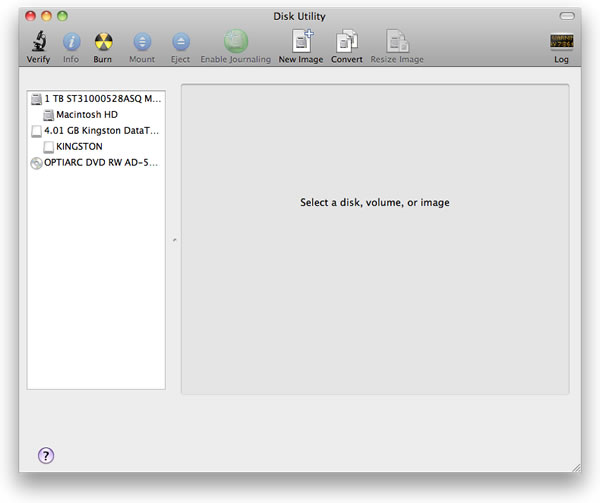
Select the USB stick.
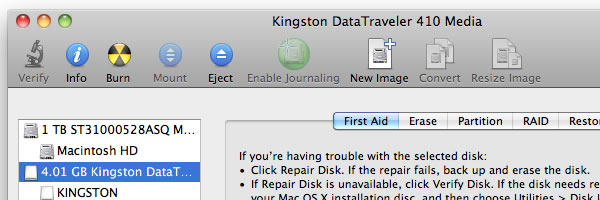
Click Restore
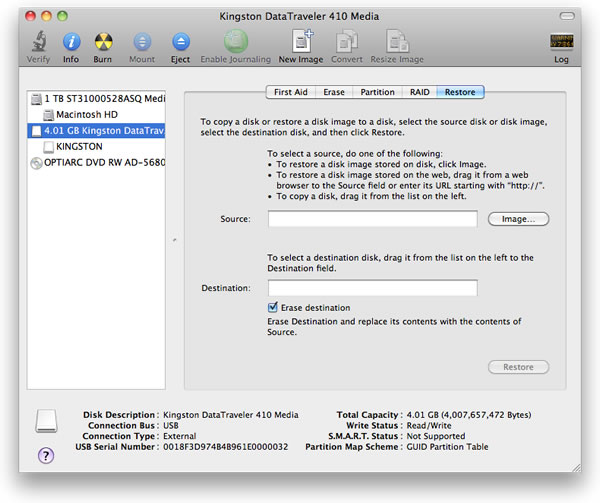
For the Source click the Image... button and navigate to where you copied the InstallESD.dmg file.
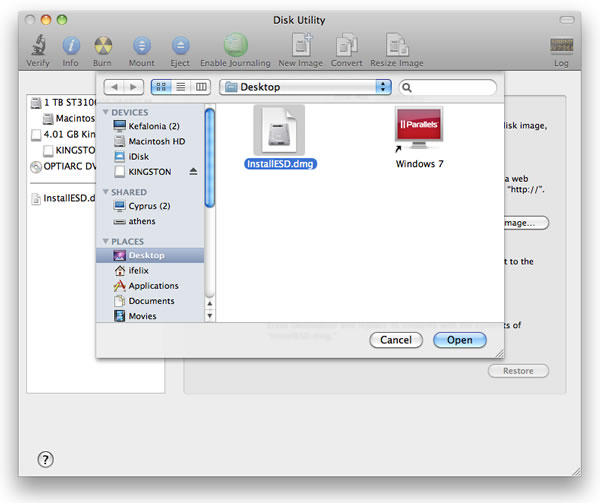
Click Open
For Destination drag the USB stick from the drive menu to theDestination field.
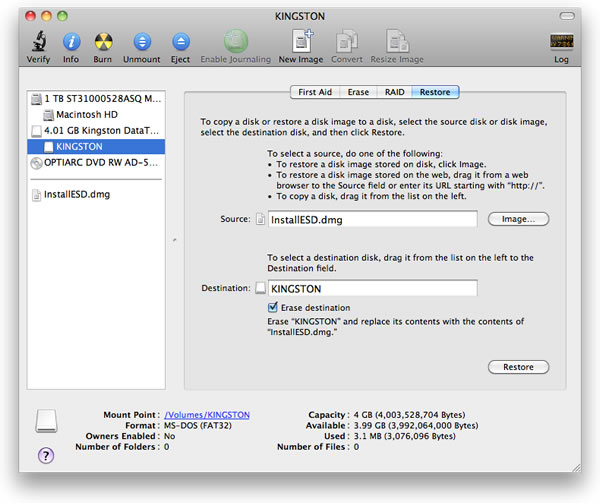
Click the Restore button.
You can now take the install USB stick to another Mac you own or control and install Mac OS X Lion without needing to download the 3.76GB file again.

It is also useful if you need to install Lion again, though there are already recovery features built into Lion.
Recovery partition
OS X Lion includes a built-in set of tools for repairing your Mac in the Recovery HD, a new feature that lets you repair disks or reinstall OS X Lion without a physical disc. Hold down Command-R during startup to boot into the Recovery HD, or hold down the Option key during startup and select Recovery HD. You can restore from a Time Machine backup, reinstall OS X Lion over the Internet from Apple's servers or use Disk Utility to repair or erase a disk.

